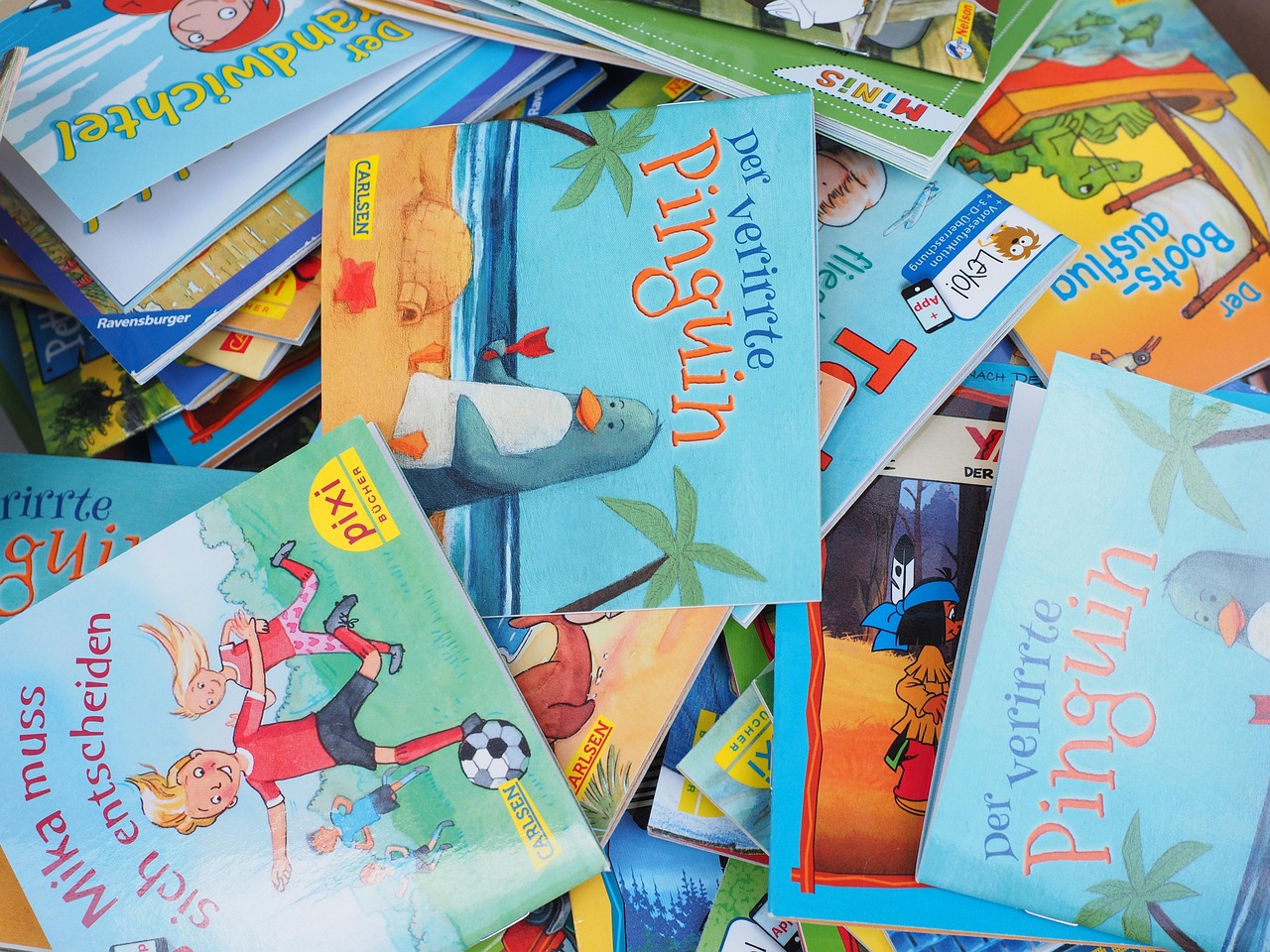Article Title:World Literature and Defeat
Abstract:
This essay underscores the importance of seeking refuge in literary aesthetics by arguing that Goethe's concept of world literature was formulated in compensation for the shock of military defeat, political collapse, and foreign occupation. The refugee became a figure of identification in Goethe's writing in the 1790s and his Orientalist Nachdichtungen. The Goethean mode of reading distant literatures entails identifying with other writers who are often already marginalized within their own cultures. This manner of engaging with non-European texts refuses to establish a pantheon of great works precisely because it relies on a writerly interest in rediscovering one's own identity by reading foreign literature from a position of insecurity and weakness. The goal of reading is always the reconstruction of the self through a strange text. With its eagerness to establish a monumental cultural figure, the nineteenth and early twentieth-century canon marginalized precisely those unGerman texts in which Goethe most effectively dismantled his own authorial status. Only with the demise of colonial empires and the defeat of Nazi Germany did a more modest, anti-hegemonic mode of reading remerge.
Keywords: World Literature; Goethe; Canon Formation; West-ostlicher Divan; Refugee
DOI: 10.1080/00168890.2023.2295462
Source:GERMANIC REVIEW
Welcome to correct the error, please contact email: humanisticspider@gmail.com



